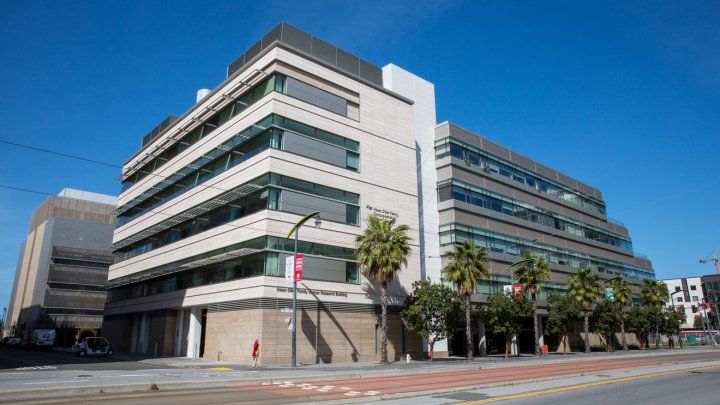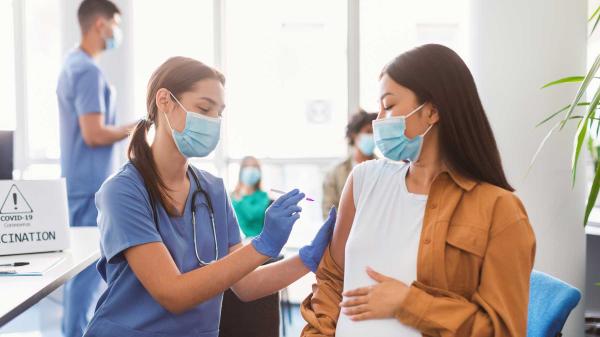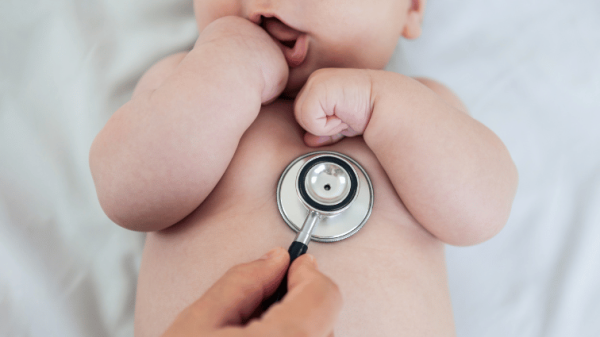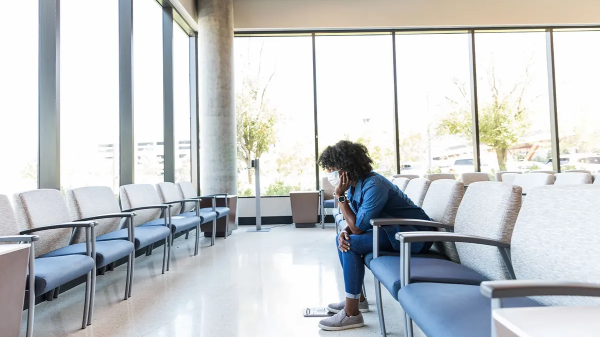Prestigious Medical Meeting Delves into Rudiments, Diagnostics and Treatments
 Helen Diller Family Cancer Research Building
Helen Diller Family Cancer Research Building
Experts from UCSF Health will present new research and clinical findings at the annual San Antonio Breast Cancer Symposium, the world’s largest and most prestigious breast cancer conference. This year’s meeting will be held Dec. 7-10.
The international conference is expected to draw 8,000 attendees from 80 countries via a hybrid platform, involving virtual attendance or in-person gathering in San Antonio.
Combining clinical, translational and basic research, the meeting brings together leading breast cancer researchers and clinicians, helping to shape clinical practices and research directions. The annual conference, first held in 1978, centers on the biology, etiology, prevention, diagnosis and therapy of breast cancer and premalignant breast disease. It is presented by UT Health San Antonio, the American Association for Cancer Research (AACR) and Baylor College of Medicine.
This year’s scientific program features numerous presentations and updates on new and late-breaking data, including diagnostic developments, by breast experts at the UCSF Helen Diller Family Comprehensive Cancer Center (HDFCCC). Here are some highlights:
Race and high-risk breast cancer: Laura Esserman, MD, MBA, is involved in presenting data from the I-SPY 2 clinical trial showing that Black women and white women on neoadjuvant therapy were equally likely to have a pathologic complete response. The findings show that tumor biology, not race, was more significant in predicting clinical trial response. Esserman is a professor of Surgery and Radiology, director of the UCSF Breast Care Center, and principal investigator of the I-SPY 2 trials, which assess whether racial disparities are involved in reaching pathologic complete response.
View abstract: GS4-20
Immunotherapy survival benefit in triple-negative breast cancer: Hope S. Rugo, MD, FASCO, presents data from the final results of KEYNOTE-355, a randomized, double-blind, phase 3 study of pembrolizumab and chemotherapy for previously untreated locally recurrent inoperable or metastatic triple-negative breast cancer. The study revealed that pembrolizumab combined with chemotherapy showed statistically significant improvement in overall and progression-free survival compared to a placebo and chemotherapy. Rugo is a professor of Medicine in the Division of Hematology and Oncology at the HDFCCC, and director of Breast Oncology and Clinical Trials Education.
View abstract: GS1-02
A universal RNA-based liquid biopsy platform for breast cancer detection: Led by first author Hani Goodarzi, PhD, an assistant professor in the UCSF Dept. of Biophysics and Biochemistry, the scientists used liquid biopsies as a tool in showing that changes in tumor-released orphan non-coding RNAs (oncRNA) content of the blood are a significant predictor of clinical outcomes. Results show that predictive models of tumor response could be rapidly built from low volumes of blood without the need for individualized and bespoke panels.
View abstract: PD9-04
Predicting breast ductal carcinoma in situ (DCIS) recurrence: Accurately predicting individual risk for recurrence is a longstanding clinical challenge of DCIS. A team of UCSF radiation oncology experts – Taman Upadhaya, PhD, was first author, and Catherine Park, MD, PhD, was the senior author – studied the collagen structure surrounding DCIS, using features captured with histopathology images to determine whether stromal collagen could provide additional risk information. They found that a combination of image-based histomics features with conventional clinical features is a promising quantitative tool to predict recurrence in patients with DCIS.
View abstract: P1-02-16
Timing of post-mastectomy radiation therapy and reconstruction outcomes: In a retrospective review, UCSF team Laura Barnes, MD, Deborah Martins, MD and Merisa Piper, MD, compared outcomes between patients who underwent autologous reconstruction, either before or after undergoing post-mastectomy radiation therapy (PMRT), an important adjuvant treatment in patients with locally advanced breast cancer. They found that complication rates were similar and concluded that further investigation is warranted in immediate autologous reconstruction in patients requiring PMRT, given the potential for tissue expander infection and increased number of outpatient visits. View abstract: P3-21-03
For a complete list of SABCS abstracts, please see: https://www.sabcs.org/
About UCSF Health: UCSF Health is recognized worldwide for its innovative patient care, reflecting the latest medical knowledge, advanced technologies and pioneering research. It includes the flagship UCSF Medical Center, which is ranked among the top 10 hospitals nationwide, as well as UCSF Benioff Children’s Hospitals, with campuses in San Francisco and Oakland, Langley Porter Psychiatric Hospital and Clinics, UCSF Benioff Children’s Physicians and the UCSF Faculty Practice. These hospitals serve as the academic medical center of the University of California, San Francisco, which is world-renowned for its graduate-level health sciences education and biomedical research. UCSF Health has affiliations with hospitals and health organizations throughout the Bay Area. Visit http://www.ucsfhealth.org/.




